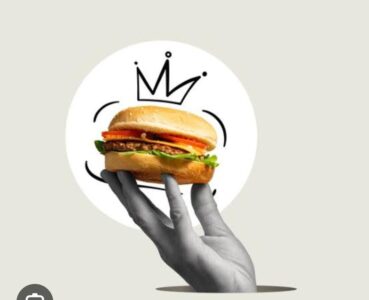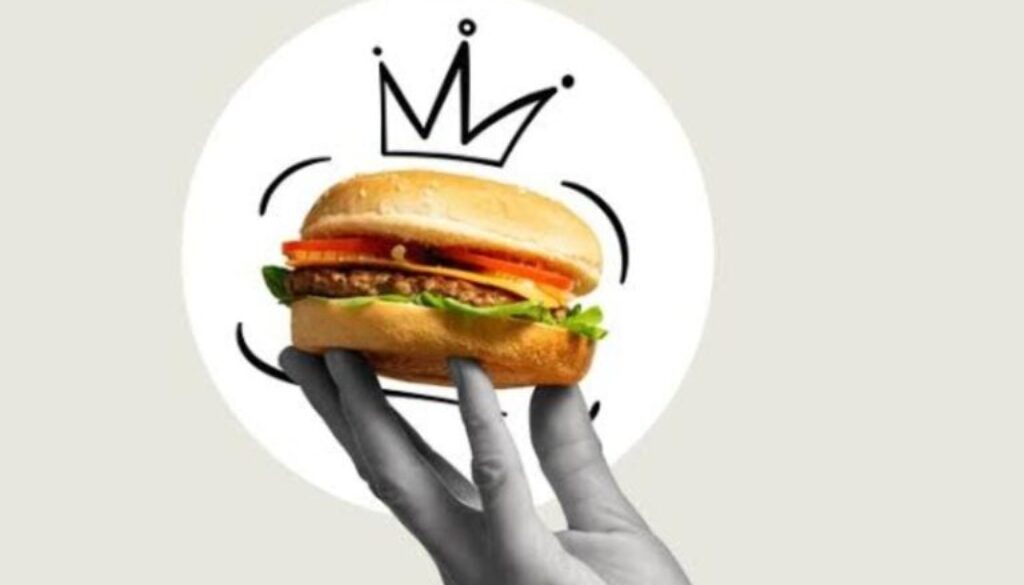One of the finest examples of real-time marketing and geofencing genius within the fast-food space is the 2018 Whopper Detour campaign from Burger King. Not only did it drive traffic to the restaurants, but it splashed excitingly and innovatively reframed the way location-based advertisements could spin about excitement and loyalty.
What Made the Whopper Detour Brilliant?
To remind the customers about the iconic Whopper and pull them away from its most significant rival McDonald’s was the challenge Burger King meant to accomplish. It came up with a cheeky technologically sound promotion allowing customers to earn a Whopper for a mere one cent. The catch was that they would have to go within 600 feet of a McDonald’s location if they’d like to avail of the offer through the Burger King app.

Using geofencing technology, Burger King set up zones directly around over 14,000 McDonald’s in the U.S.; as people passed into these areas, they received an alert on their phones. This notification invited them to purchase a one-cent Whopper—but only from Burger King—while virtually outside the competing restaurant. Once an order was placed, the app wisely rerouted them to the nearest Burger King to claim their food.
Innovation Through Geofencing Technology
Geofencing was the campaign’s spine. With the help of virtual boundaries, Burger King knew how near the app user was to some other location of McDonald’s and cajoled the appropriate messaging. This seamless use of technology rendered a trivial promotion into an interactive real-world experience bordering on a game.
A start was made to the geofencing technology. One of the recent updates in the Burger King app became a focal point of this program and it was the driving force behind mobile engagement. To avail oneself of the promotion, customers had to download the app to redeem the offer. This significantly increased app downloads and Burger King jumped to the top of the App Store charts with more than 1.5 million downloads within just nine days. Good for the consumers; they managed to grab a nearly free Whopper while Burger King established itself as a tech-savvy brand that knew how to create some digital innovation and incorporate it into real-life behaviour.
Marketing in Real-Time Done Right
What made the Whopper Detour potent was its mastery of real-time marketing. This was beyond a discount; it was all about timing, humour, and the matter of getting attention when it counted. The campaign used the presence of McDonald’s to ensure that their competitor’s own property would effectively bring Burger King sales.
Real-time marketing works on immediacy and Burger King made it work. The “on-the-go” aspect made consumers feel that they were part of a time-sensitive exclusive experience. This created an undeniably viral buzz, with consumers sharing pictures of their McDonald King detour on their social media pages.
A Results-Oriented Strategy
The Whopper Detour numbers said it all. Over 3.5 million Whoppers were ordered during the promotion, app downloads leapt, and Burger King had a record rise in mobile orders. The numbers tell their own story of a campaign that not only garnered a great deal of media coverage but was also recognized as a case study in creativity and effective digital marketing.
One other aspect of the campaign is that it reinforces the Brand Burger King cheeky, rebellious underdog willing to tackle its bigger competitors with a pinch of humour and innovation. It poked customers deeply who enjoyed the campaign’s finesse and gutsiness.
Takeaways for the Creators of Modern Marketing
“There is a lot to learn from the ‘Whopper Detour’ campaign for marketers:
Cleverly Use Technology: Geo-fencing turned an age-old offer into a real-time, one-of-a-kind adventure.
Gamification for Engagement: Discount or challenge-which ever works to spur participation and word-of-mouth talking!
Humor Connects: Burger King’s jab at McDonald’s was good entertainment value for customers.
Drive toward Digital Adoption: Linking the campaign to the app boosted long-term customer engagement.
Conclusion
The Whopper Detour campaign from Burger King fundamentally changed how brands can use real-time marketing and tech to sidestep competition and engage their customers meaningfully. By mixing humour, creativity, and location-targeting, Burger King sold more than just Whoppers and turned its everyday consumers into its devotees. The campaign epitomized the power of thinking outside the box and offered proof that big ideas can realize game-changing results in the high-pressure modern marketing paradigm.”
~ Pragati Mishra, IMS Ghaziabad

